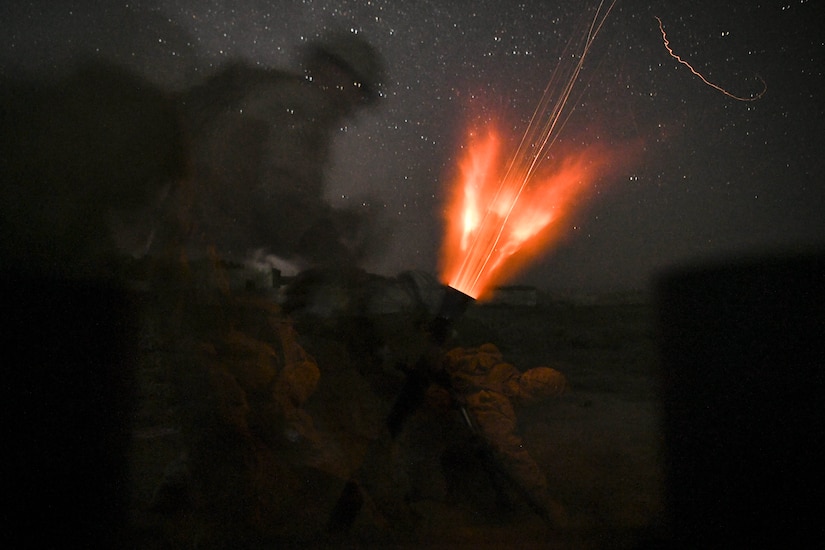By Jim Garamone, DoD News, Defense Media Activity
WASHINGTON -- The coalition continues to help forces in both
Iraq and Syria establish security and stability in areas that have known
nothing but oppression since the Islamic State of Iraq and Syria reared its
head five years ago, the spokesman for Operation Inherent Resolve said today.
Speaking to Pentagon reporters from Baghdad, Army Col. Sean
Ryan noted that Iraqi forces are working together across the country to rid the
nation of the last remnants of the terrorist group.
“The various security elements -- to include the [Iraqi
forces], the peshmerga, counterterrorism services and the federal police -- are
all working together to continue securing their country,” he said.
In Ninevah province, Iraqi forces continue to find and
disarm improvised explosive devices and continue to root out ISIS holdouts. In
the mountains of Kirkuk, the Iraqi federal police and the Kurdish peshmerga
work together to secure remote villages.
Out west, in Anbar province, border security forces continue
to prevent ISIS fighters from streaming into the country, the colonel said.
“For its part, the coalition is … enabling the [Iraqi]
efforts to secure Iraq by advising strategic leaders, training thousands of
Iraqi service members and divesting equipment they need to effectively secure
their country,” he said.
Coalition members also continue to train Iraqi forces. Since
the effort started in 2015, coalition forces have trained more than 175,000
Iraqis in basic soldier skills and specialized fields such as intelligence, law
enforcement, medical support and aviation.
Syria
In Syria, the picture is more complex and dangerous. Ground
operations for Phase 3 of Operation Roundup have begun, and Syrian partner
forces continue clearance of the Middle Euphrates River Valley, Ryan said.
“Hajin and the surrounding villages are the last remaining territory acquired
by ISIS in the coalition's area of responsibility, and the victory by the
Syrian Democratic Forces there will mean that ISIS no longer holds territory,”
he added.
ISIS fighters are trying desperately to hang onto the
territory, and hard fighting lies ahead, the colonel told reporters. “Despite
this, we are confident that the SDF will prevail,” he said.
In Tanf earlier this month, Marines conducted training to
reinforce partner forces, he said. “The coalition has supported the SDF through
air support, as well as training and equipment,” Ryan said. “Additionally, in
liberated areas, the coalition trained internal security forces to maintain the
peace and security in liberated cities, provide basic law enforcement support,
as well as specialized services such as counter-[improvised explosive devices]
and engineering.”
Ryan noted changes in Iraq as Army Lt. Gen. Paul J. LaCamera
assumed command of Combined Joint Task Force Operation Inherent Resolve from
Army Lt. Gen. Paul E. Funk II.
Ryan said the military stabilization efforts are going well,
but are not enough. “Security creates the space for rebuilding,” he explained.
“Residents only gain hope for the future when their children can go to school
free from harm, women go buy basic necessities in local shops, and when they
can go to their jobs that allow them to support their families. Ultimately, the
military cannot fight its way to stability.”
The cost of reconstruction is high, with estimates of
rebuilding Mosul -- Iraq’s second-largest city -- pegged at $100 billion. “We
call on all nations to help those who have sacrificed tremendously fighting
this global threat,” Ryan said.








No comments:
Post a Comment